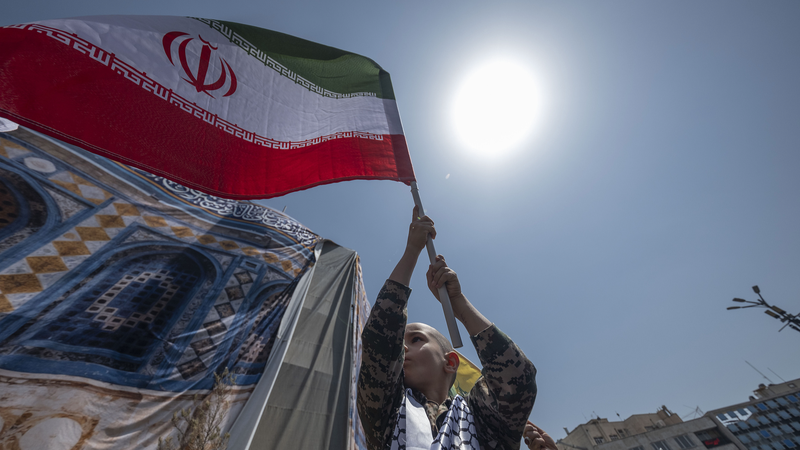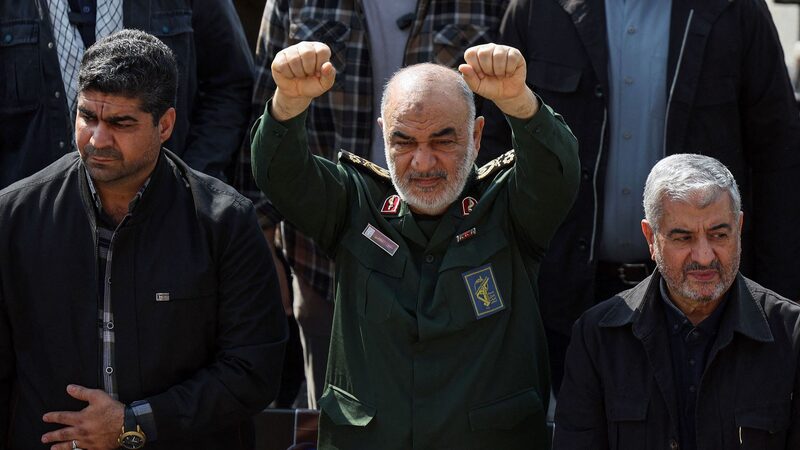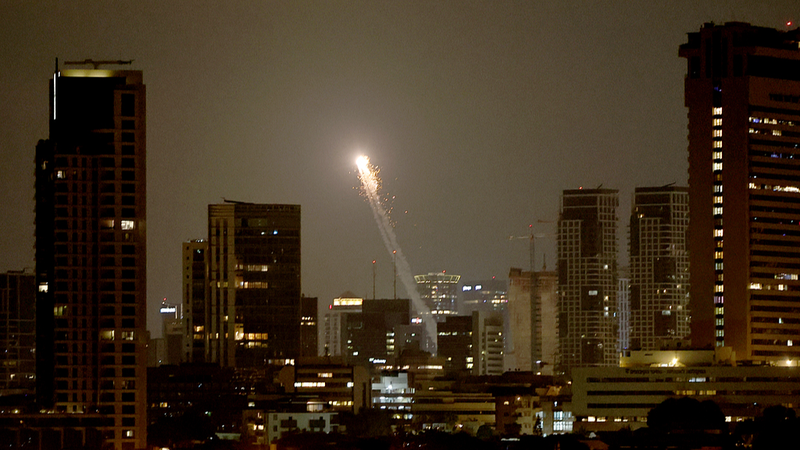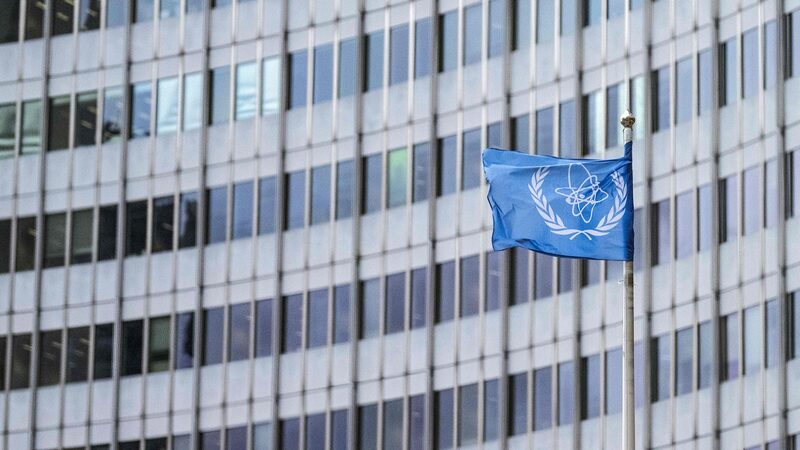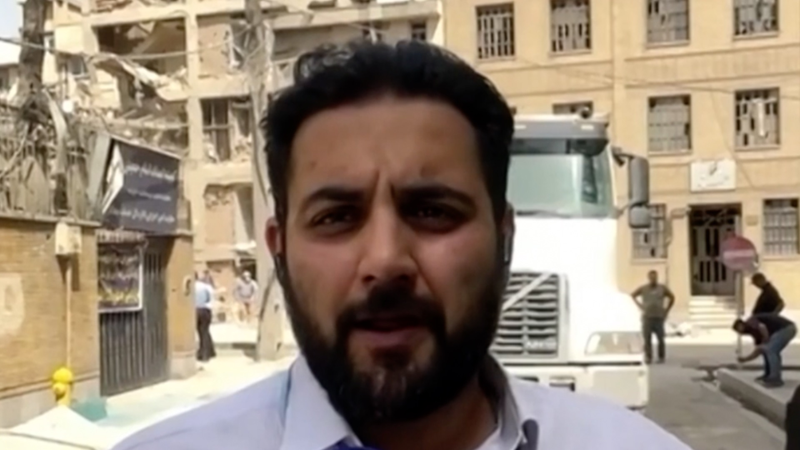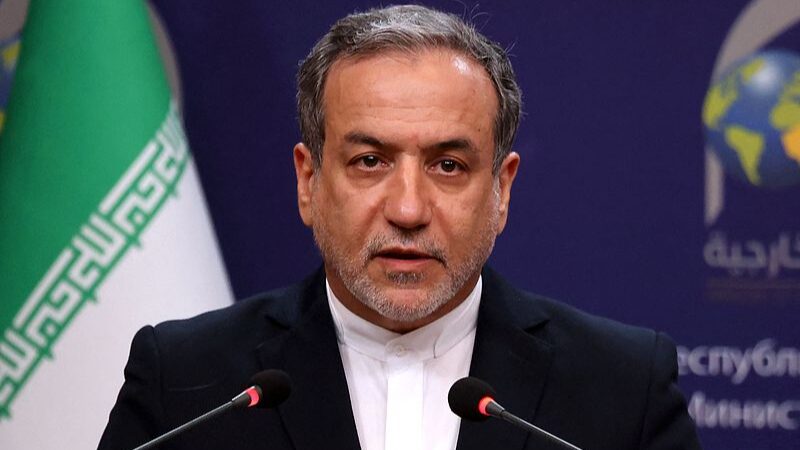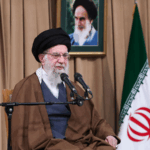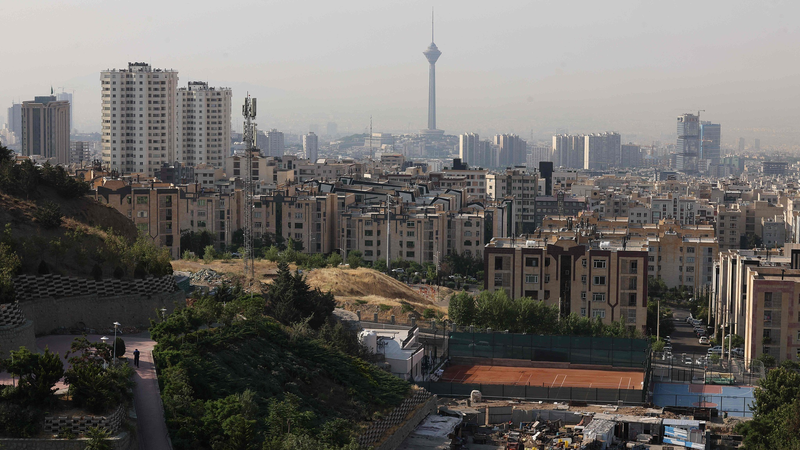As Middle Eastern tensions reach a boiling point, Iranian leaders are navigating a precarious path between military retaliation and diplomatic overtures following Israel's sustained airstrikes on Iranian nuclear and military sites. The conflict, now entering its second week, has claimed over 450 lives while testing Tehran's strategic calculus under Supreme Leader Ayatollah Ali Khamenei.
A Dual-Pronged Strategy
Despite vowing not to resume nuclear talks during Israeli attacks, Iran has maintained backchannel communications with U.S. and European officials. Foreign Minister Seyed Abbas Araghchi's recent meetings in Geneva and reported phone discussions with U.S. envoy Steve Witkoff signal Tehran's willingness to engage – provided Israel halts its campaign. This approach reflects Khamenei's historical pragmatism, balancing ideological stances with economic realities shaped by sanctions.
The Military Calculus
Iranian missile strikes have reportedly strained Israel's air defenses, with Thursday's attack damaging Tel Aviv's Stock Exchange building. While Israel claims high interception rates, Tehran appears confident its sustained retaliation could force a ceasefire. "Iranians believe they can inflict enough pain to make Israel stop," Tehran University professor Hassan Ahmadian told Al Jazeera.
Global Energy Wild Card
The specter of Iran closing the Strait of Hormuz – conduit for 20% of global oil shipments – looms as potential leverage. Lawmaker Ali Yazdikhah confirmed the option remains "on the table" if U.S. forces join the conflict. However, analysts caution this nuclear option could backfire. "While deterring adversaries, it would harm regional partners and global markets," noted Chinese Academy of Social Sciences researcher Wei Liang.
Domestic and Regional Dynamics
Mass protests across Middle Eastern capitals show growing public support for Iran's stance, contrasting with Israeli Prime Minister Benjamin Netanyahu's failed appeal for domestic opposition against Tehran. This solidarity strengthens Iran's position as it weighs responses to potential U.S. involvement – a scenario dividing analysts over its likelihood and consequences.
With oil markets nervously eyeing developments and diplomatic channels remaining active, the conflict's trajectory hinges on whether military attrition or negotiated solutions gain momentum first.
Reference(s):
Iran holds firm on diplomacy even as conflict with Israel escalates
cgtn.com
